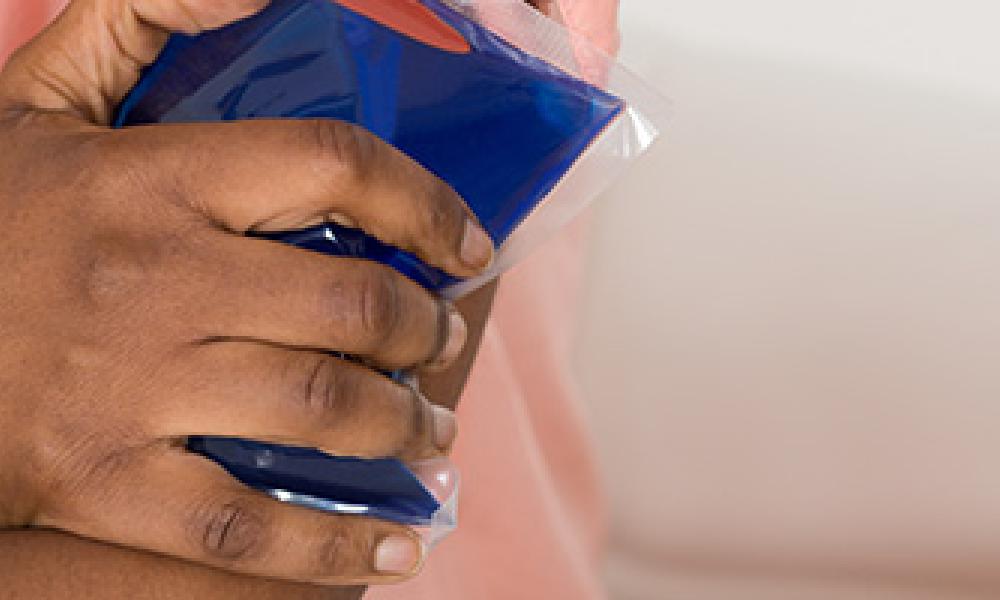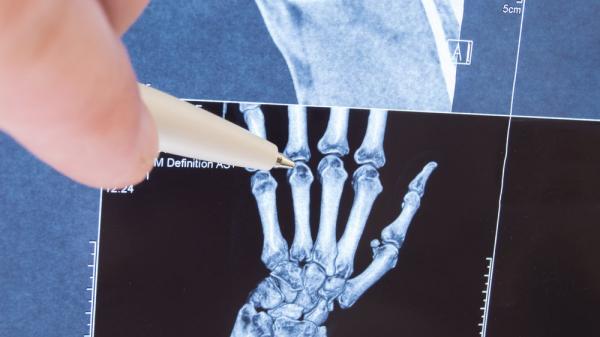
These basic therapies can help ease arthritis pain and swelling.
Two of the simplest, least expensive methods to relieve your pain are heat and cold treatments.
Heat treatments, such as heating pads or warm baths, tend to work best for soothing your stiff joints and tired muscles. Heat enhances circulation, delivering nutrients to joints and muscles. It’s good for getting your body limber and ready for exercise or activity. Cold is best for acute pain; it restricts blood vessels, slowing circulation and reducing swelling. It also numbs nerve endings, dulling pain.
You can try some of the following forms of heat and cold therapy to find out which provide the best pain relief for you.
Heat treatments
- Take a warm shower or bath to ease morning stiffness.
- Use a heating pad (protect skin with a cloth buffer) for up to 20 minutes at a time. Or buy an air-activated heat pack if you need one that’s portable.
- Buy moist heat pads from pharmacies, or make one by putting a wet washcloth in a freezer bag and heating it in a microwave. Wrap the hot pack in a towel and place it over the affected area for 15 to 20 minutes.
- Soothe stiff and painful hand joints by applying mineral oil to them, putting on rubber dishwashing gloves and placing your hands in warm tap water for 5 to 10 minutes.
Cold treatments
- Wrap a bag of ice or bag of frozen vegetables in a towel to protect the skin, and apply to painful areas for no more than 20 minutes at a time.
- Try a store-bought gel cold pack; it won’t leak, tends to stay cold longer and comes in a sleeve-form to more easily wrap around a joint.
- Make your own ice pack by mixing a cup of rubbing alcohol with two cups of water and freezing in a zip-top plastic bag.
- Give your joint an ice bath; submerge it in a container of ice and water.
Remember for both heat and cold treatments, only leave them in contact with your skin for up to 20 minutes. Longer use can damage your skin.
Note: some heat pad therapies may react to sensitive skin. Be sure to ask your pharmacist for a recommendation of what is best for you, and discontinue use if you have an adverse reaction.











